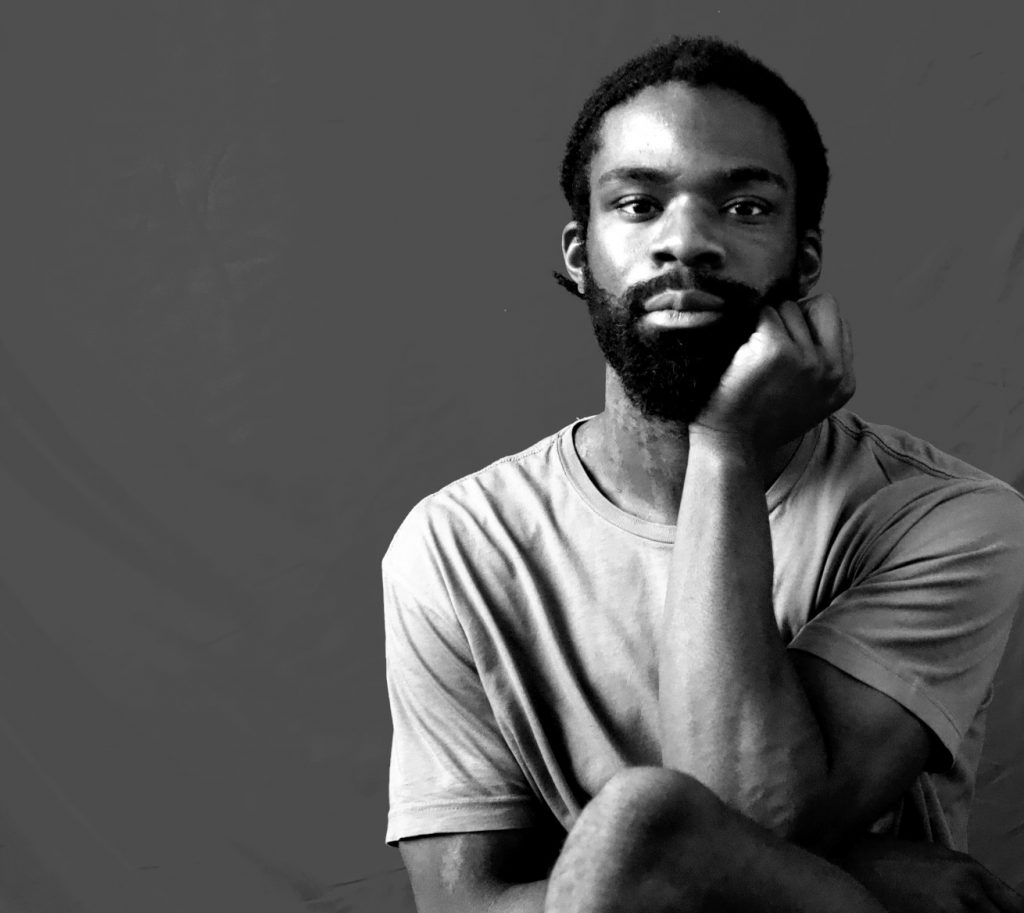Fall Term
| Nov. 24-26 | Sunday-Tuesday | Final Exams |
| Nov. 27 | Wednesday | Residence halls close (noon) |
D-Term
| Dec. 1 | Sunday | Residence halls open (9 a.m.) |
| Dec. 2 | Monday | First day of D-Term classes Last day to make class changes or select S/U for D-Term |
| Dec. 11 | Wednesday | Last day to withdraw from a D-Term class |
| Dec. 13 | Friday | Last day of D-Term classes and final examinations |
| Dec. 14-15 | Sat.-Sun. | Closing event if one is scheduled for the class |
| Dec. 15 | Sunday | Residence halls close (6 p.m.) |
Start of Winter Term
| Jan. 5 | Sunday | Residence halls open (9 a.m.) |
| Jan. 6 | Monday | First day of winter term classes |

